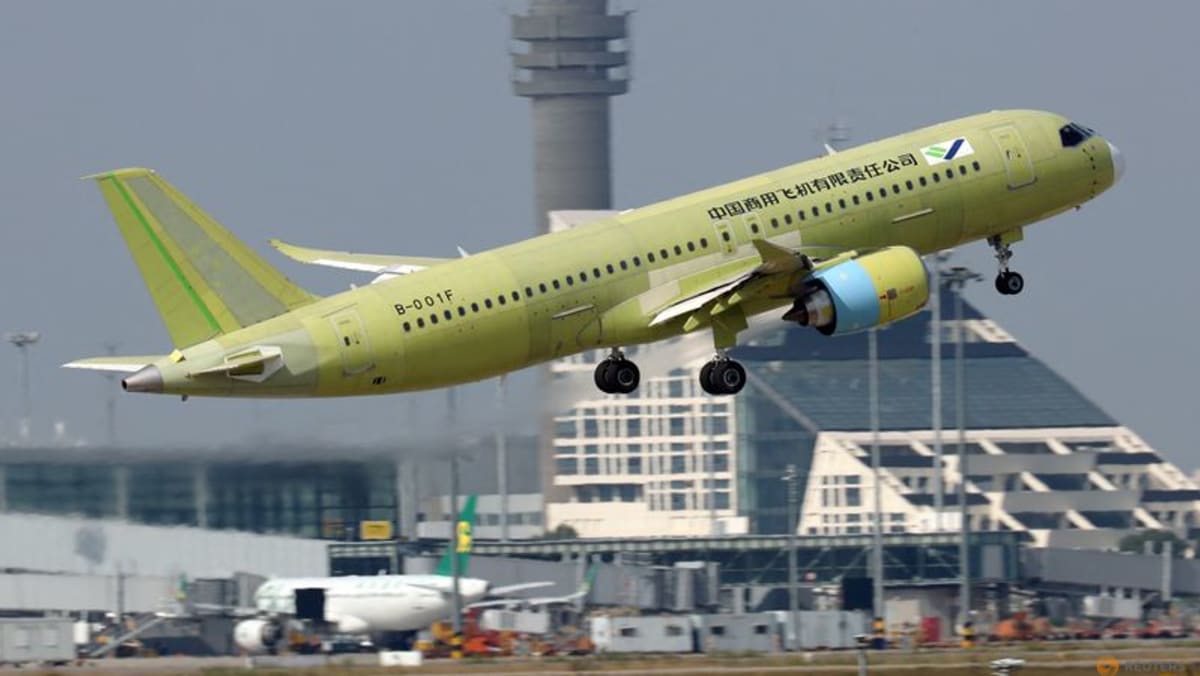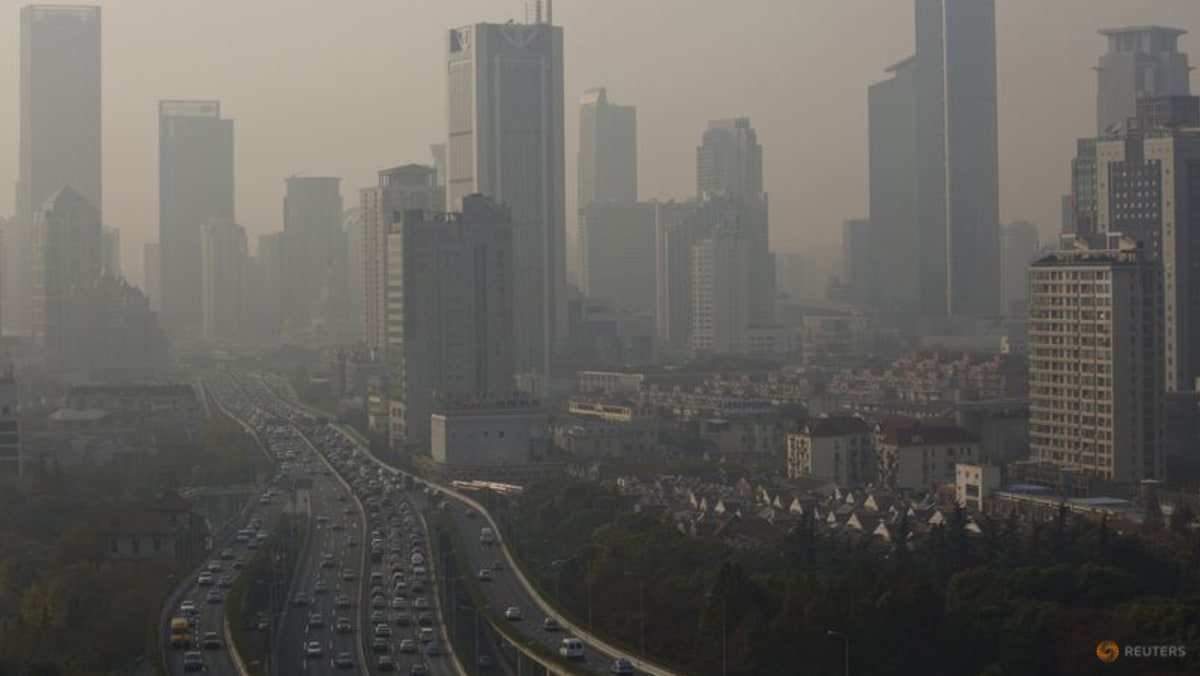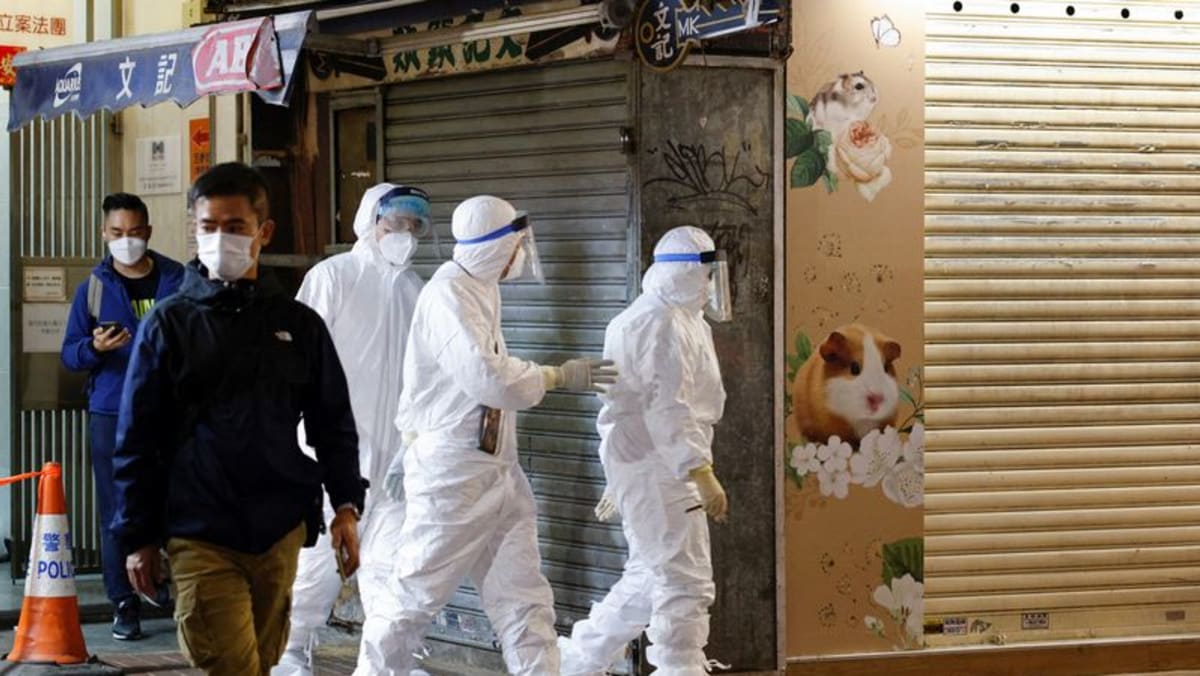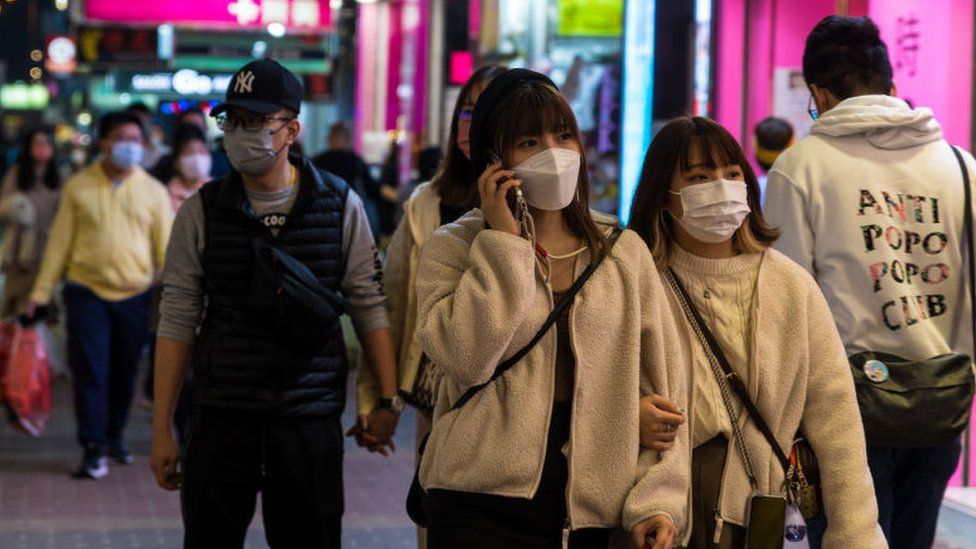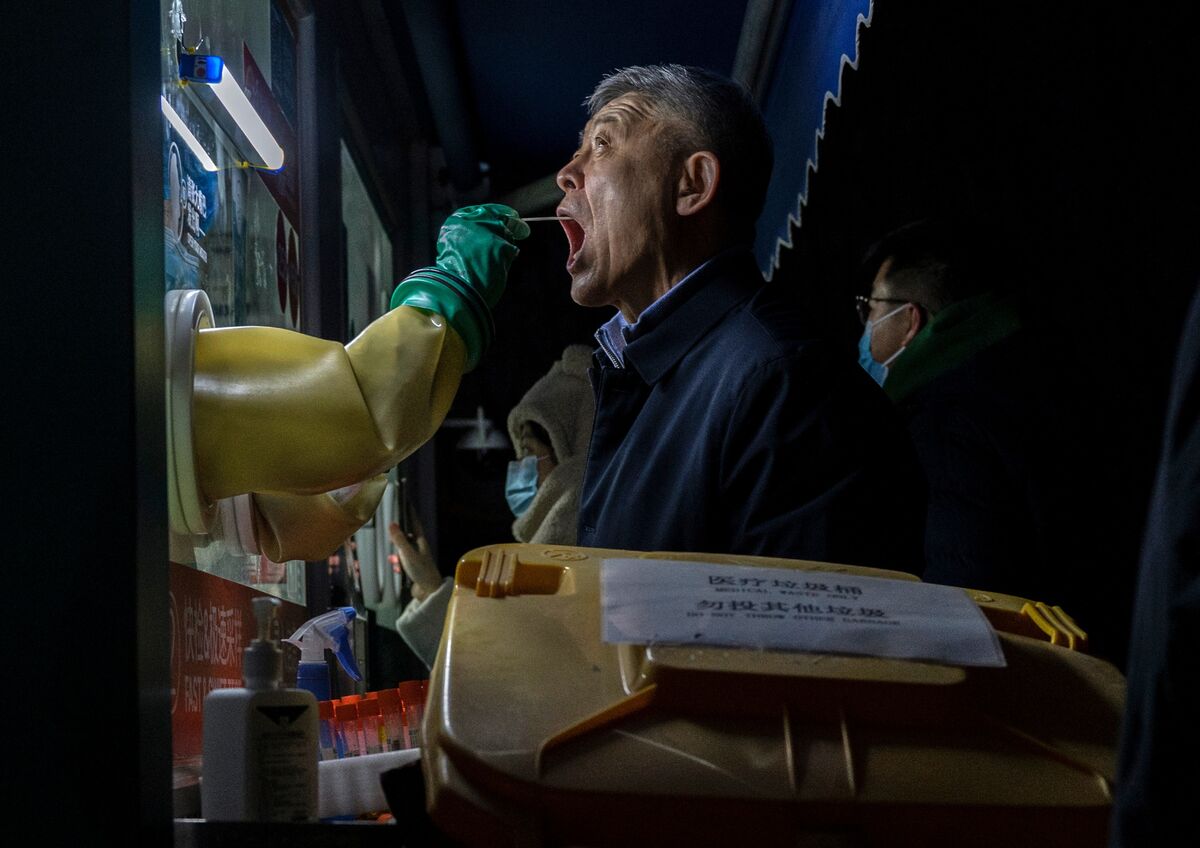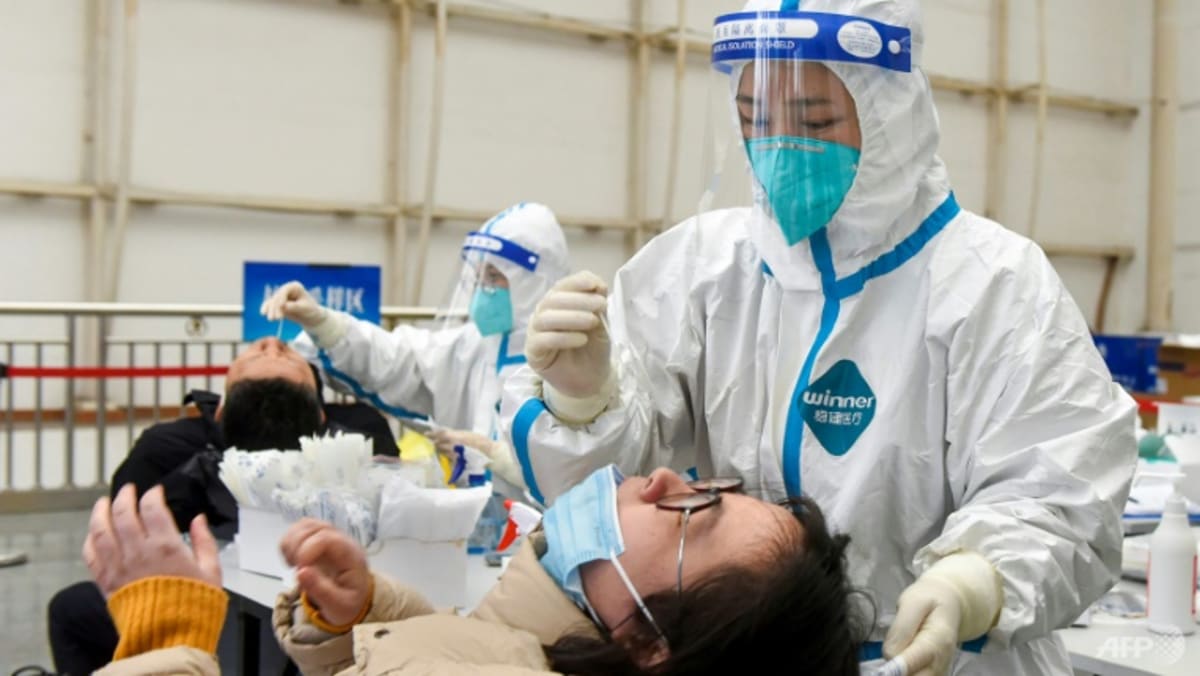BEIJING: China will force key industrial sectors and regions to take action to measure greenhouse gas emissions as part of a new initiative to improve data quality and oversight, according to an environment ministry document reviewed by Reuters.
Under the pilot programme, some of China's biggest coal-fired power providers, steel mills and oil and gas producers must draw up comprehensive new greenhouse gas monitoring plans by the end of this year.
It comes as China, the world's biggest greenhouse gas emitter, needs to beef up its measurement of carbon emissions in line with its monitoring of air pollutants to meet a pledge by President Xi Jinping to become carbon neutral by 2060, say experts and environmentalists.
"In contrast to air pollutants, there is a major gap in reporting on CO2 emissions - there is no regular reporting in place that would disclose the country's total emissions," said Lauri Myllyvirta, lead analyst with the Helsinki-based Centre for Research on Energy and Clean Air (CREA).
"Expanding the emission monitoring and disclosure that is currently in place for air pollutants to CO2 would be a huge step forward."
After some success in curbing the choking smog that envelops many of China's industrial cities over winter, the State Council, China's cabinet, has already promised to expand curbs on pollutants such as volatile organic compounds (VOCs), nitrogen oxides and heavy metal waste.
This will require more real-time environmental monitoring stations and advanced technologies that can detect a wider range of emissions and catch companies trying to cheat, officials and environmentalists said.
But the yawning coverage gap on carbon dioxide emissions could prove the biggest challenge. China up to now has relied largely on proxy indicators - including energy consumption - to measure CO2, falling behind countries in Europe.
According to the policy document, dated September 2021 and supplied to Reuters by the Ministry of Ecology and Environment (MEE), the new monitoring programme aims to provide "statistical support" for the country's fight against climate change.
Cities like Tangshan and Hangzhou, along with regions like Inner Mongolia and Yunnan, have also been ordered to assess their ability to act as carbon sinks, including forest coverage rates and land use changes.
The pilot programme, scheduled to be completed in the first three months of 2023, is designed to assess best practices for measuring greenhouse gases. It will include the oil and gas, steel and thermal power sectors, as well as waste processing, and will cover key gases like methane as well as carbon dioxide.
State companies involved in the pilot programme - including the China Petrochemical Corp (Sinopec), the China National Petroleum Corp and the Shandong Energy Corp - did not immediately respond to requests for comment.
REAL-TIME MONITORING
Around 23,000 of China's major polluters are now plugged into a national real-time emissions monitoring system that measures air pollutants like sulphur dioxide or ammonia in water, though this is still a fraction of the millions of factories across the country that require monitoring.
An accurate measure of carbon emissions has also become increasingly important for China's plans to build out its national emissions trading system (ETS), which currently covers the power sector but will later be expanded to other sectors.
"When it comes to controlling emissions, and cap and trade, and all the other issues like carbon pricing - all of this needs to be based on accurate data, otherwise it will be meaningless," said Ma Jun, director of the Institute of Public and Environmental Affairs (IPE), a non-government organisation focused on environmental monitoring.
The launch of the first phase of the ETS was repeatedly delayed partly because of data quality concerns.
Consultancy Frost & Sullivan estimated sales of environmental monitoring devices in China will surpass US$16 billion in 2023, four times the level in 2014.
But up to now there has been no legal requirement for firms to measure greenhouse gas.
IPE's Ma said monitoring CO2 would be expensive for firms, but was vital to ensure the levels of compliance required green financing and carbon trading.
"When it comes to emissions trading you need to go extremely accurate," he said, noting companies needed to be able to determine precisely how many credits to buy.
"Any slight change in parameters or emission factors could mean a difference of hundreds of millions of yuan."
Adblock test (Why?)
https://news.google.com/__i/rss/rd/articles/CBMiVWh0dHBzOi8vd3d3LmNoYW5uZWxuZXdzYXNpYS5jb20vYXNpYS9jaGluYS1ncmVlbmhvdXNlLWdhcy1tb25pdG9yaW5nLWNhbXBhaWduLTI0NDUyMDbSAQA?oc=5
2022-01-19 07:43:00Z
CBMiVWh0dHBzOi8vd3d3LmNoYW5uZWxuZXdzYXNpYS5jb20vYXNpYS9jaGluYS1ncmVlbmhvdXNlLWdhcy1tb25pdG9yaW5nLWNhbXBhaWduLTI0NDUyMDbSAQA
/cloudfront-us-east-2.images.arcpublishing.com/reuters/T4WJYSWJTBIV5KAO6NGI3C33UM.jpg)
